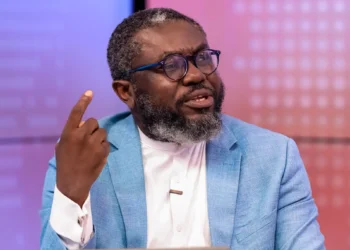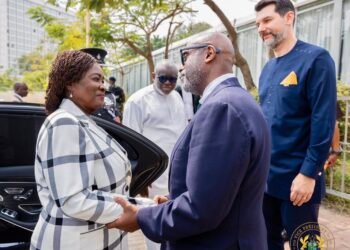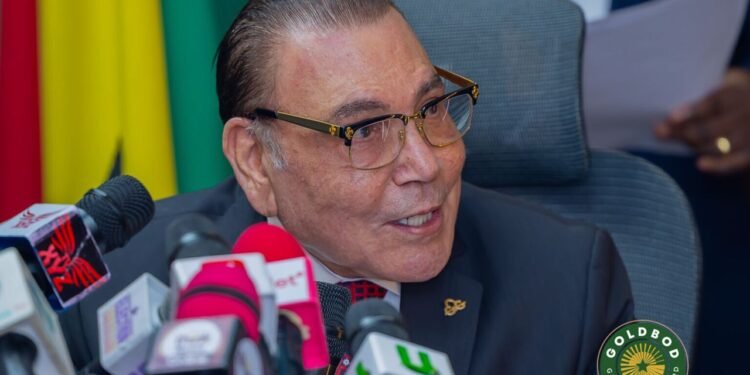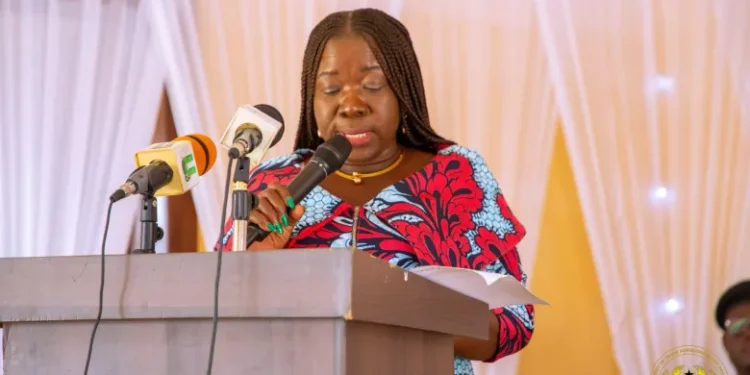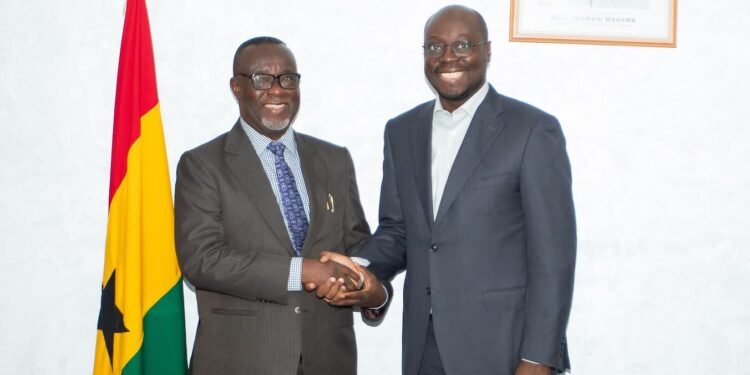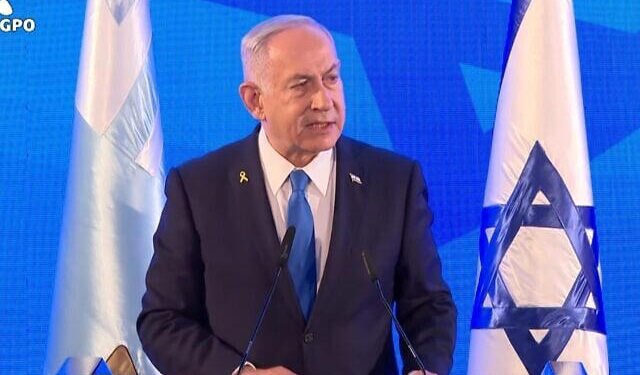Emeritus Professor Ernest Aryeetey, former Vice-Chancellor of the University of Ghana, has issued a stark warning about the direction of Technical and Vocational Education and Training (TVET) in Ghana, cautioning that the country’s current approach risks leading nowhere.
Speaking on the state of Ghana’s education system, Prof. Aryeetey described TVET as a potentially transformative tool for national development but lamented that political interference and poorly conceived reforms had crippled its effectiveness.
“TVET – properly structured – is a good idea. When you do TVET for the wrong reasons, as I have seen in this country, it can lead to nowhere. TVET is important, but let’s do it properly.
“If we want to do it properly, there are people in this country who can show us how to do it instead of making it political. Many of our reforms in education have been politically motivated; that is why we’re not getting the results”
Emeritus Professor Ernest Aryeetey, Former Vice-Chancellor of the University of Ghana

The renowned economist and educationist criticised successive governments for prioritising political visibility over genuine educational reform. He noted that many of the policies implemented under the banner of reform had failed to address the deep-rooted challenges in the sector, instead worsening the quality of education in the country.
Prof. Aryeetey argued that policymakers often focus on “surface-level initiatives,” that yield political capital but do not tackle the systemic inefficiencies that undermine student development and institutional quality. He warned that Ghana’s education system was being stifled by an obsession with political symbolism rather than substance.
“Most of my time in education has been spent fighting these types of micro-level reforms that simply worsen the situation. There is enough research being done, not only in Ghana but across Africa, that shows the type of education you can provide at the basic, Junior High, and Senior High levels that produces productive, versatile students.
“They don’t need a University Degree to be able to do things. But we’ve built a system that funnels everyone into universities. It is wrong, and it will always be wrong”
Emeritus Professor Ernest Aryeetey, Former Vice-Chancellor of the University of Ghana
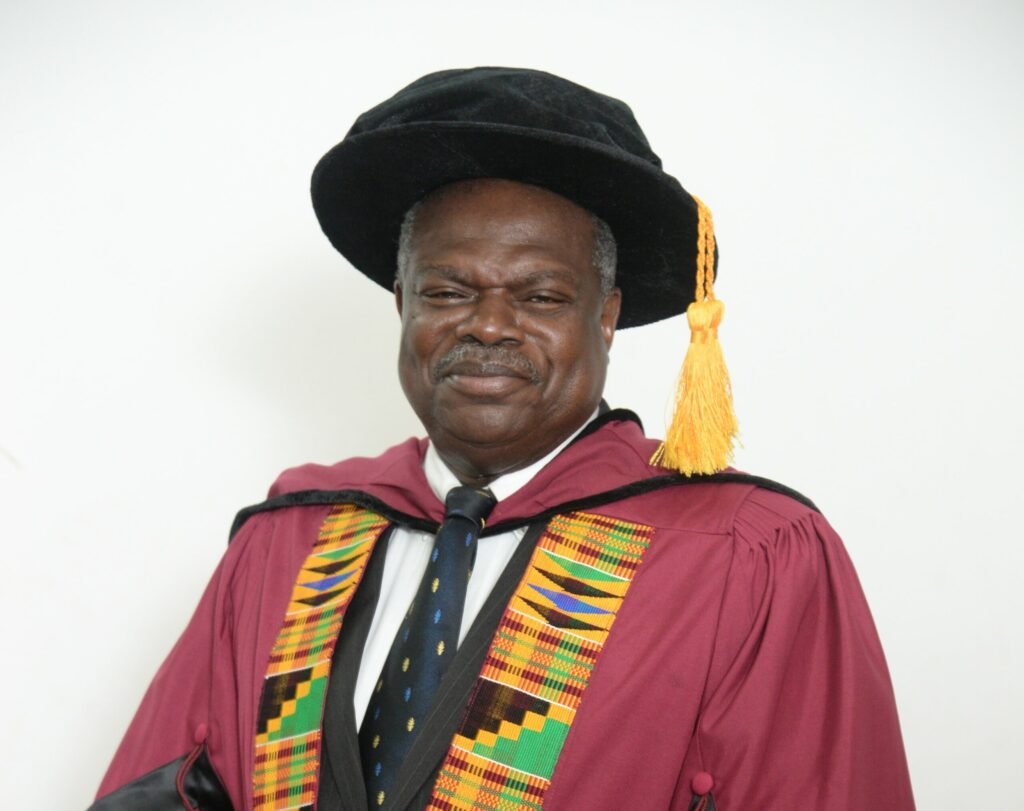
Evidence-Based Education
According to Prof. Aryeetey, Ghana’s education system must move away from its narrow academic focus and instead prioritise the acquisition of real-world skills. He stressed that reforms must be grounded in evidence and informed by experts who understand the dynamics of both academic and vocational training.
He also questioned the success of flagship policies like the Free Senior High School (SHS) programme under the previous administration, suggesting that its political value had not translated into tangible educational outcomes.
“If Free SHS was that successful, why didn’t the NPP win back power?” he asked pointedly, drawing a direct link between the erstwhile government’s performance in education and its political fate.
Prof. Aryeetey’s critique extended beyond education policy to Ghana’s broader political culture as he bemoaned what he described as a climate of fear and self-censorship among public servants, academics, and even judges.
“Judges giving judgments in court are afraid of what the government would say. Lecturers in class are equally afraid of being reported by students,” he said, warning that such an atmosphere stifles critical thought and democratic accountability. Prof. Aryeetey underscored that meaningful national progress could only emerge when governance and policymaking were driven by collective interest rather than political expediency.

“When our interests move from how do we remain in power to national interest, that’s when real development begins,” he noted, reaffirming his belief that the country’s education system, especially its future, must be anchored in merit, not politics.
READ ALSO: GSE Trading Volume Crashes 90% in a Quiet Session





